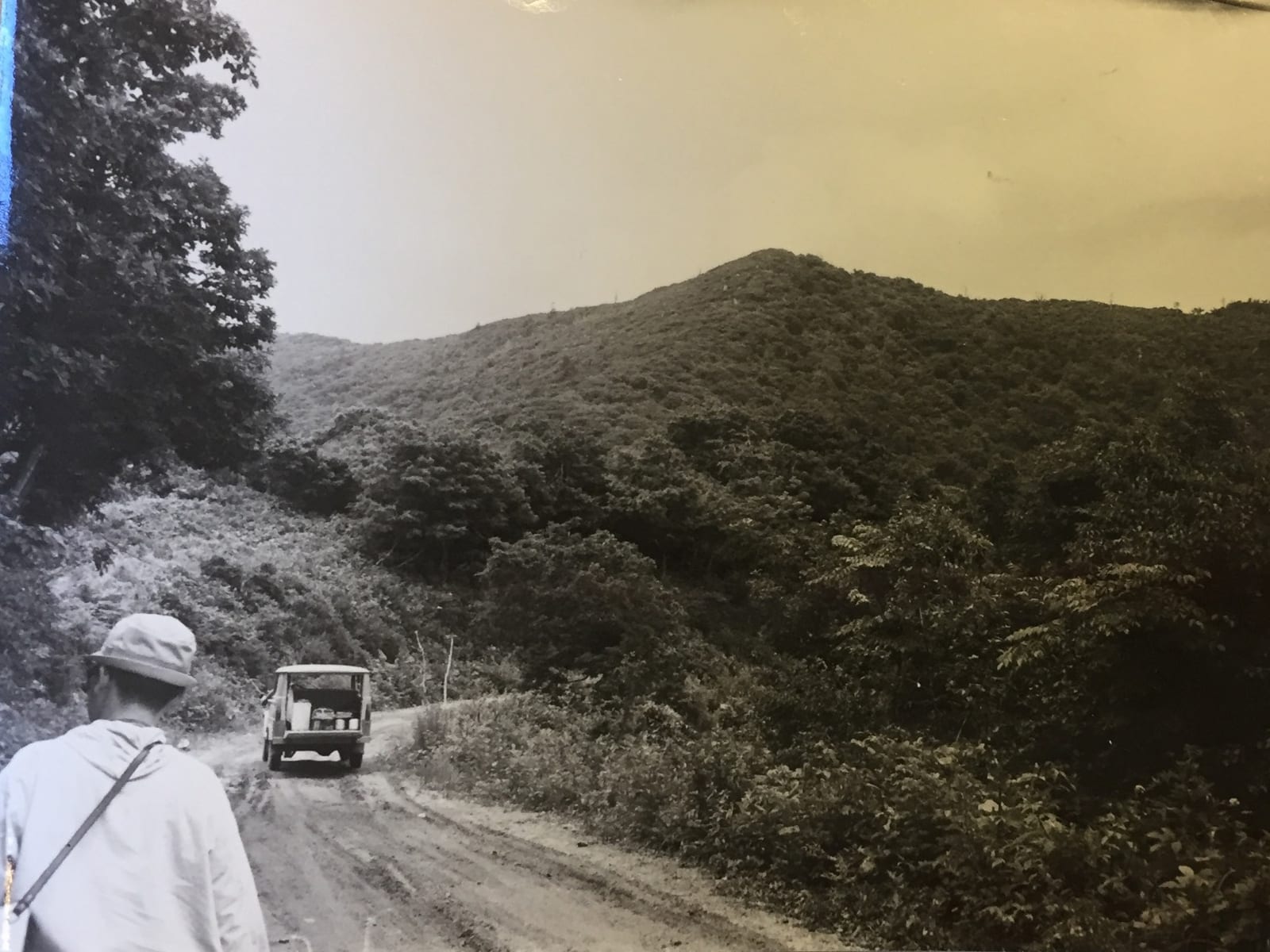
Cold War’s Nature: The Korean Demilitarized Zone and Mid-Century American Science
Eleana Kim, University of California, Irvine
February 13, 2020 · 4:30 pm—5:00 pm · 399 Julis Romo Rabinowitz Building
Program in American Studies

Since the early 2000s, international media coverage of the interKorean conflict has frequently included stories about the rare and endangered species that live in the DMZ, a buffer area borne out of the Korean War. This “accidental” natural sanctuary is framed in mythical, ahistorical terms — an ecological paradise blossoming out of unending war and symbolizing nature’s resilience. Drawing on archives from the Smithsonian Institution and South Korean sources, this talk offers a critical, transnational history of the DMZ’s ecology, tracing its origins to the mid-1960s, when a network of U.S. conservationists and Smithsonian ecologists first identified and constructed it as an “outdoor laboratory” within the emerging paradigm of “ecosystem science.” Beginning in 1965, American and South Korean scientists began collaborating on studies of the DMZ as a militarily protected space of ecological recovery and as a baseline for understanding the ecological effects of industrialization on the rest of South Korea, which was undergoing rapid transformations under the authoritarian regime of Park Chung Hee. The DMZ area has since proven to be less of a “baseline” than a fragile refuge where ongoing militarization and incursions of capital are threatening actually existing life forms. Eleana Kim concludes by drawing upon ethnographic research on human-nonhuman assemblages in the DMZ area to ask what theoretical and political possibilities might be offered by a multispecies approach to the study of “Cold War legacies” and the ongoing Korean War.
Eleana Kim is a sociocultural anthropologist and author of Adopted Territory: Transnational Korean Adoptees and the Politics of Belonging (Duke University Press, 2010), which received the 2012 James B. Palais Prize from the Association of Asian Studies, and the 2012 Social Science Book Award from the Association of Asian American Studies. She is currently completing an ethnography on multispecies encounters in the Korean Demilitarized Zone, based on five years of fieldwork and archival research, funded by the Wenner-Gren Foundation and the ACLS. She is an associate professor in the anthropology department and affiliated faculty of the Asian American studies department at University of California, Irvine.















